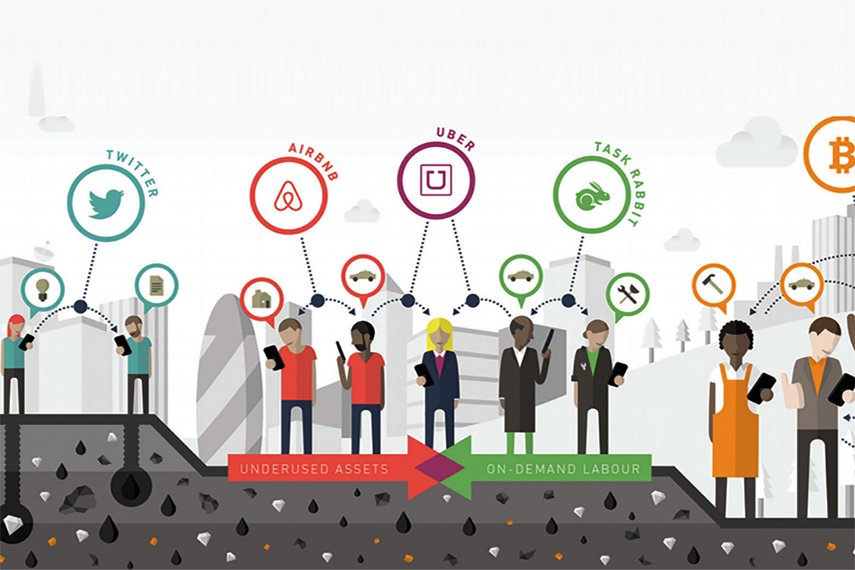Digital has brought a whole range of new challenges and opportunities for businesses, and it can be challenging for executives to decide how to prioritise these. According to Charlene Li writing for Altimeter Group in early 2015, there are eight specific areas that business executives should consider prioritising in 2015. Li bases her perspective and priorities on conversations that she has had with business leaders, as well as research that Altimeter has carried out recently. The number one area to prioritise, according to Li is investing in understanding the customer’s digital journey. As she puts it:
“Our research found that only 25 per cent of companies have a fully mapped customer journey. That means that without that journey, you are guessing – rather than knowing – what your customers are doing, thinking and feeling.”
What investing in the customer’s digital journey entails is being significantly more customer focused to understand how customers interact with the business digitally. This starts with mapping out how the business thinks that customers interact with it digitally, but also following this up with research with customers to really understand what happens. In this way a true understanding can be gained.
Perhaps quite linked to the first priority, the second priority is to know who your digital customers really are. Companies that do this well know precisely who the person is when they commence shopping with a company that they use regularly. The problem is that many companies hold off from putting in place important components of this priority waiting for their big data project to be completed. In the meantime, customers carry on being unknown or tracked in a clumsy or manual manner. It is recommended to look at tying spreadsheets together with providers like Janrain who specialise in identity. This is a task that is going to take time and businesses need to get moving on it as soon as possible.
8 digital business prioritiesYou’ve probably heard of content being king, but instead it is argued that context should be made king. As well as understanding who the customers are, having the context behind that is considered to be critical too. Customers expect the context to be understood these days. Context is includes understanding not just the person themselves but also the when, where, why and how of their interactions with the business. This is the third digital priority for businesses.
The fourth digital priority for businesses is to make sure that smartphone apps actually are smart. It is suggested that such apps should be able to link up different pieces of information to be more helpful to the user. This might include helping the person to know how far away they are from their next meeting, in terms of location and travel time, as well as being able to provide information about the person that they are meeting with, drawn from social sites. The idea is to make this all a lot more seamless and joined up than it is at the current time. This means organisations being able to better understand what customers want and need.
Another important area is argued to be defining digital ethics. This is related to the fact that customers want to know that their information is being used responsibly. They will want to know what companies know about them, when they know it and how the information is being used. It is likely that organisations will be expected to report back what they know about customers and there will be a need to be accountable and transparent. This is the fifth priority for businesses.
Further down the list, the sixth area to look at for businesses is said to be focusing the marketing cloud on experiences rather than technology integration. It is argued that organisations have to “prioritise technology selection and integration based on their ability to deliver on the digital customer journey.” Meanwhile the seventh priority is to work on creating a work place that is transparent. This means using digital engagement to attract employees, and especially millennials. Digital technology can be utilised for the purposes of engaging employees and creating better relationships with them and organisations need to figure out how. Finally, the eighth priority is to have leaders that are engaged with digital, that can take organisations forward into the future.

Paula Newton is a business writer, editor and management consultant with extensive experience writing and consulting for both start-ups and long established companies. She has ten years management and leadership experience gained at BSkyB in London and Viva Travel Guides in Quito, Ecuador, giving her a depth of insight into innovation in international business. With an MBA from the University of Hull and many years of experience running her own business consultancy, Paula’s background allows her to connect with a diverse range of clients, including cutting edge technology and web-based start-ups but also multinationals in need of assistance. Paula has played a defining role in shaping organizational strategy for a wide range of different organizations, including for-profit, NGOs and charities. Paula has also served on the Board of Directors for the South American Explorers Club in Quito, Ecuador.



























